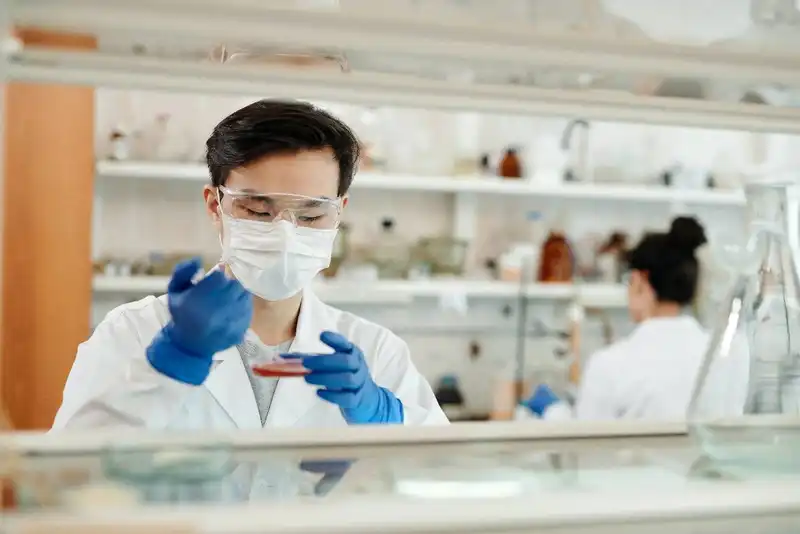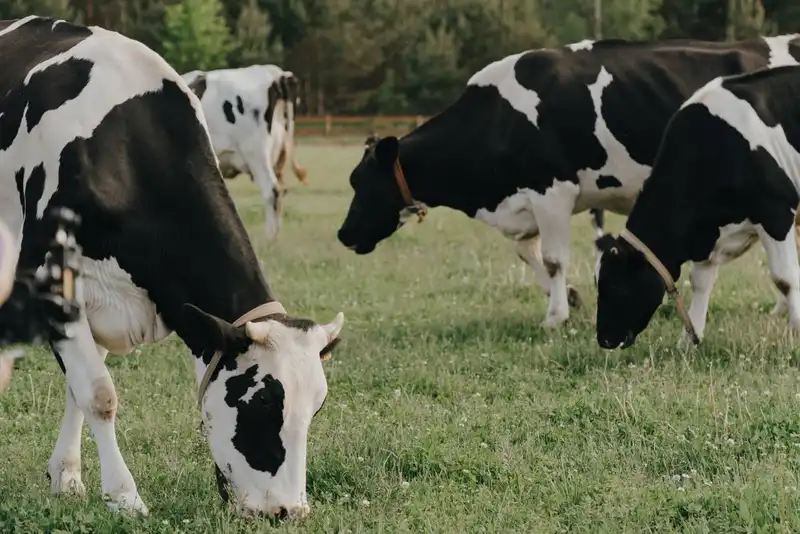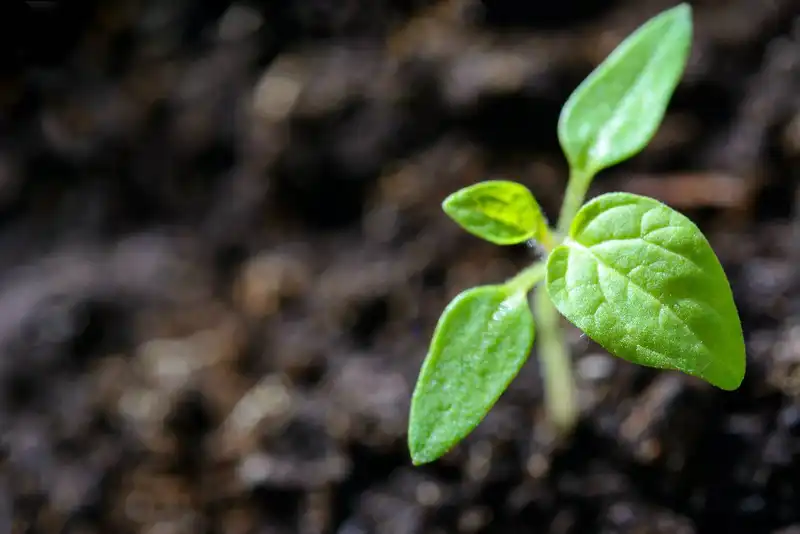What Is Food Science and What Does a Food Scientist Do?
Introduction to Food Scientist
To the general public, food is just edible products that are consumed for taste or health. However, to a food scientist, food can be broken down into its chemistry, nutrition, and beyond. With food science, the food industry has been able to create and maintain a diverse food supply. By understanding this disciplinary field, food businesses will be equipped with the knowledge to better serve their customers.
What is Food Science?

Food science is a field of study that involves food chemistry, microbiology, engineering, and nutrition. Those that are knowledgeable in this subject area can delineate the chemical components of food. This includes proteins, carbohydrates, liquids, and fats. Food science also encompasses studying the reactions that food products have when they are cooked and stored.
Additionally, the discipline covers all processing, manufacturing, and preservation techniques, such as drying, freezing, pasteurization, and canning. Professionals in the field analyze these methods to better understand how food products are properly processed. The following are other topics that food science touches on.
- Food safety
- Food additives, which are substances that people add to food to enhance or maintain its freshness, taste, safety, texture, and appearance
- Chemical properties of food
- Chemical profiles of food flavor
- Food engineering, which is the practice of using engineering principles for the development of food storage, processing, and distribution
- Packaging
- Frozen foods
- Canned foods
- Milk that can be kept for longer periods of time
- Snacks, such as candy and chips
- Microwavable meals
- New food products that have high nutritional value
- Traditional meals that can be easily and accessibly prepared
What Does a Food Scientist Do?

Food scientists who have spent years studying food science are able to research new ways to improve food production. This includes enhancing the efficiency and safety of manufacturing and distribution facilities and their products. The following are other key duties to being a food scientist.
- Innovate - Those in the food science field are equipped with the knowledge to create new food items. They can also effectively innovate current processing, packaging, and distribution methods.
- Experiment - Food scientists can perform research and conduct experiments to test new ways to enhance current practices. For example, they can assess the sustainability of harvesting crops and growing animals.
- Study Biological Elements - Some food scientists will study soil to gain clearer visibility into what helps plants grow. They can then use this knowledge to improve the practice of planting and harvesting crops.
- Share New Ideas - After doing research, food scientists can share their new findings with their community, the food industry, and the public.
- Work With Other Scientists or Producers - Food scientists may work with other professionals in their field or collaborate directly with producers to help them with their projects. For example, a food scientist can work with a start-up canning company to determine the best way to preserve their products.
1. Animal Scientist

Animal scientists study domestic farm animals. This includes livestock such as cows, chickens, goats, pigs, and turkeys. Generally, they examine their genetics, reproduction, maturation, and development. They will also assess all the diseases that the animal can contract and the nutritional value of their meats.
Animal scientists will use their findings to help develop new ways to process meats, milk, and eggs. They can also create strategies to improve how animals are housed and how to improve the quality of livestock. Animal scientists can help with lowering the mortality rate of farm animals and accelerate their growth rates.
2. Food Technologists
Food technologists study core values of food science, such as the nutritional value of food sources. They help with discovering new types of foods and determining how to ensure processed foods are safe and healthy. Additionally, they assist companies with product development, in which they research ways to effectively preserve and process food. They can also determine the best methods for food packaging and distribution.
Some food technologists will specialize in using nanotechnology, which deals with manipulating atoms and molecules. They use this scientific technique to create sensors that can recognize chemical and physical contaminants in food. Additionally, they have the ability to enforce government regulations, conduct safety inspections, and monitor waste management guidelines.
3. Plant Scientist

Plant scientists research ways to boost crop yields and improve overall production. They are often employed by farmers and developers who want to enhance their harvests and control pests and weeds.
4. Soil Scientists
Soil scientists analyze the compounds within the soil to better understand their effect on a plant and its growth. They also assess soil treatments and management methods to determine the productivity of the plant's development. Soil science is related to environmental science; therefore, key studies include conservation of soil and effective land usage.
Other occupations that relate to food science include product development specialists, sensory scientists, quality control specialists, and technical sales representatives.
Conclusion to Food Scientist
- Food science is the branch of knowledge that involves chemistry, microbiology, and other disciplinary fields to solve problems regarding the food system.
- Food science entails studying the chemical and physical components of food, such as its nutritional value, carbohydrates, and fats.
- Due to food science, innovative and abundant food supplies have been created, like microwavable meals and canned goods.
- A food scientist is equipped with the knowledge to experiment, create new food ideas, and study biological elements.
- Those studying food science can also be trained professionals in various careers, such as product development and quality control.




